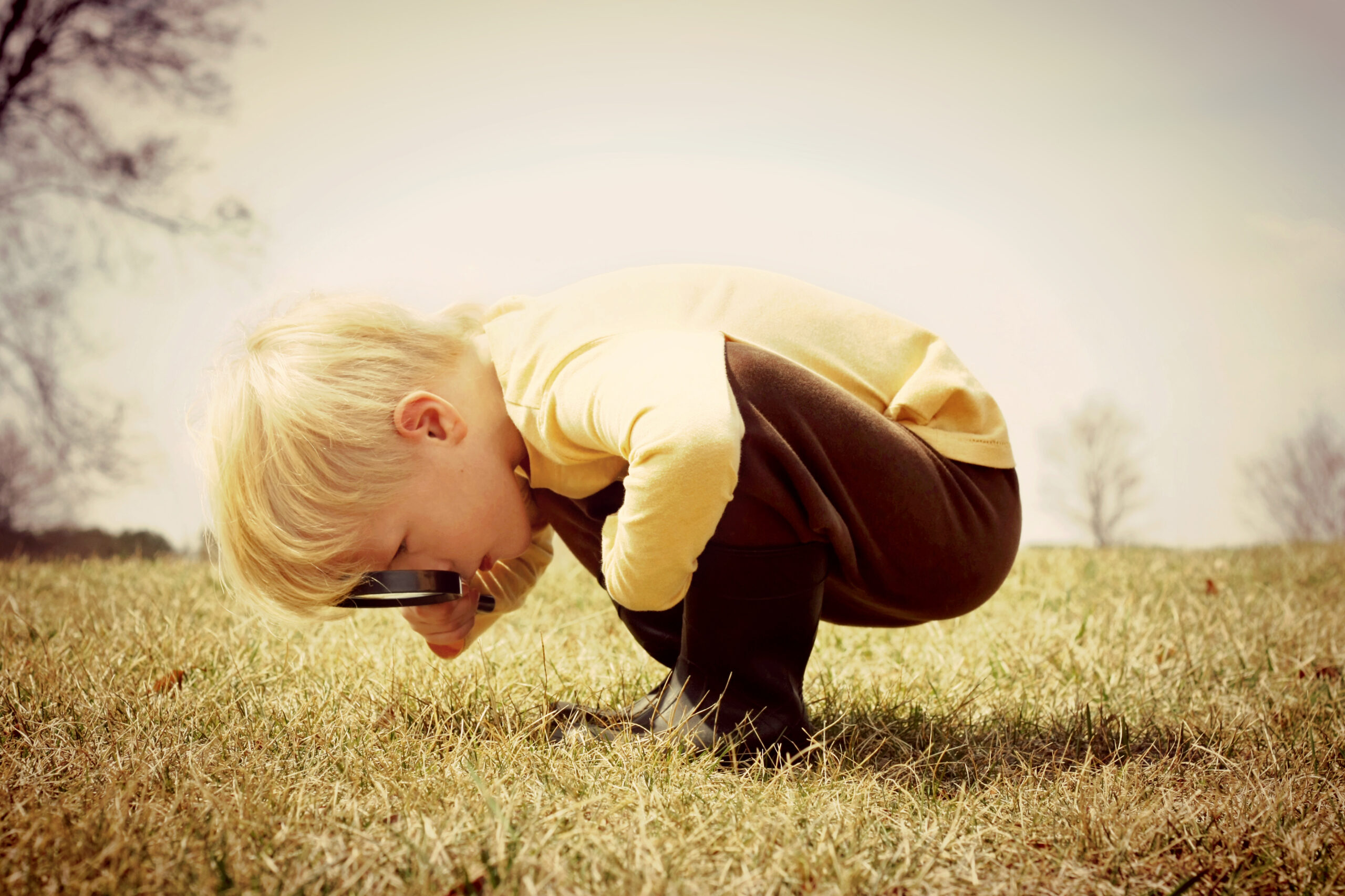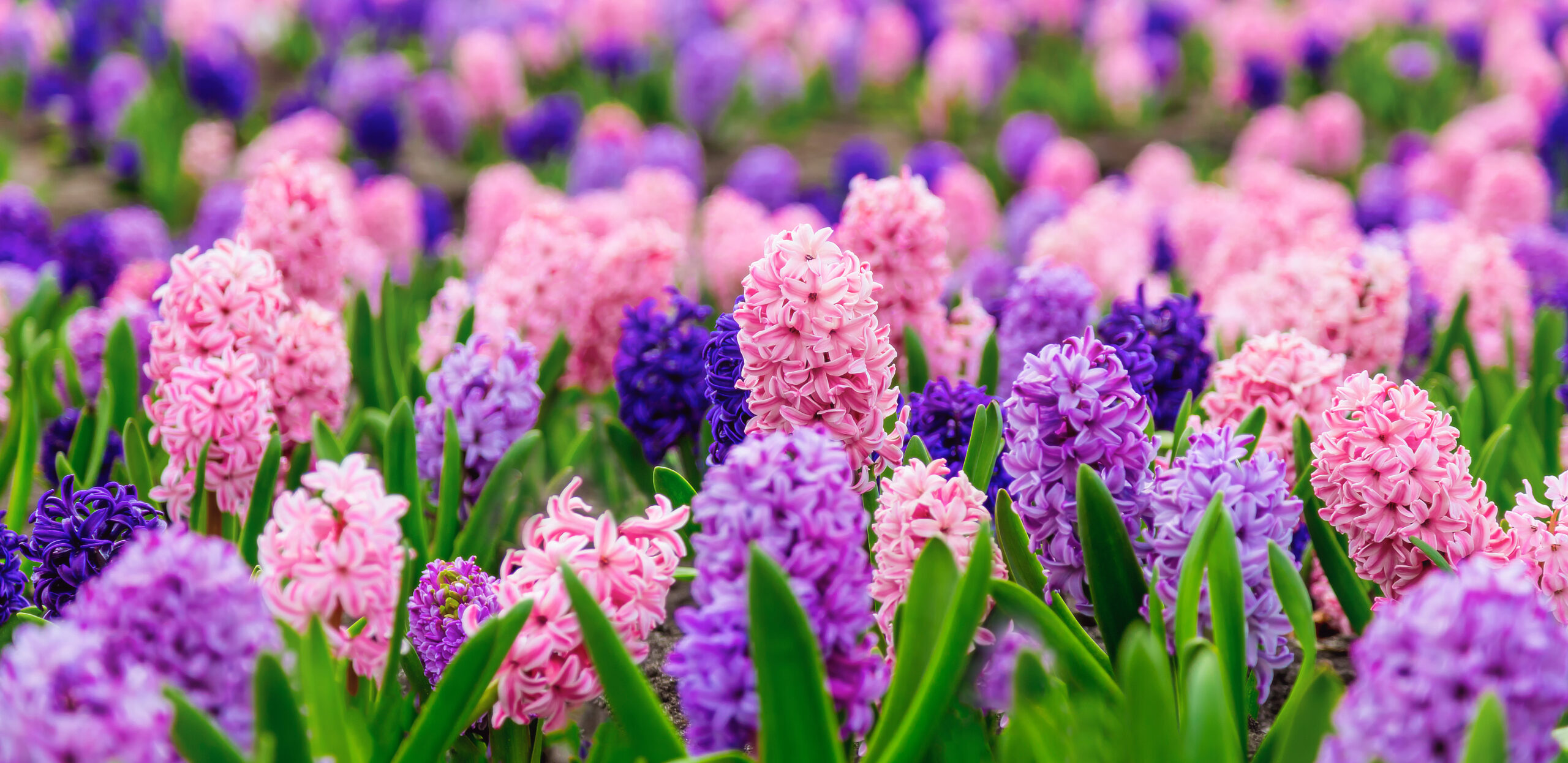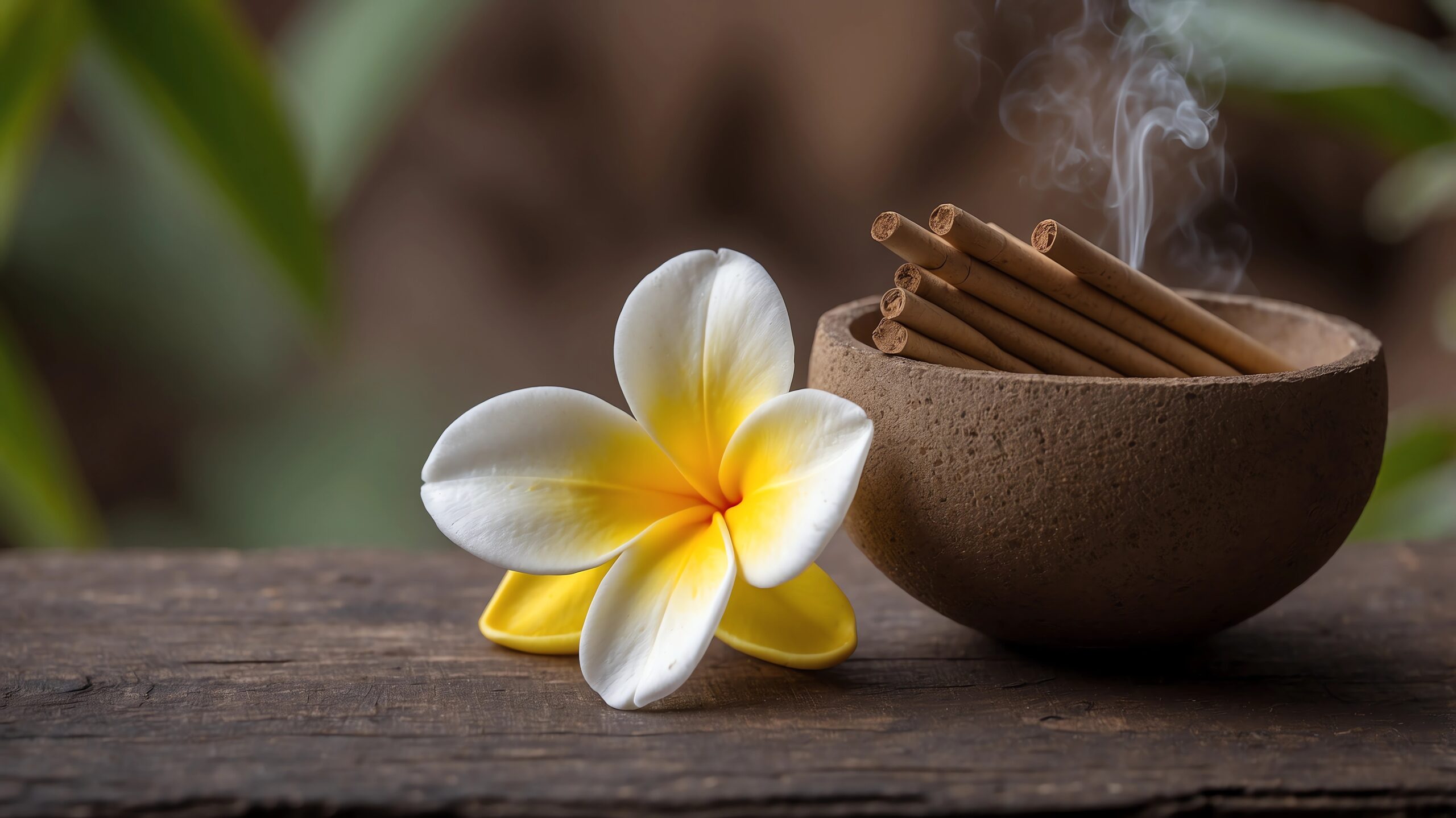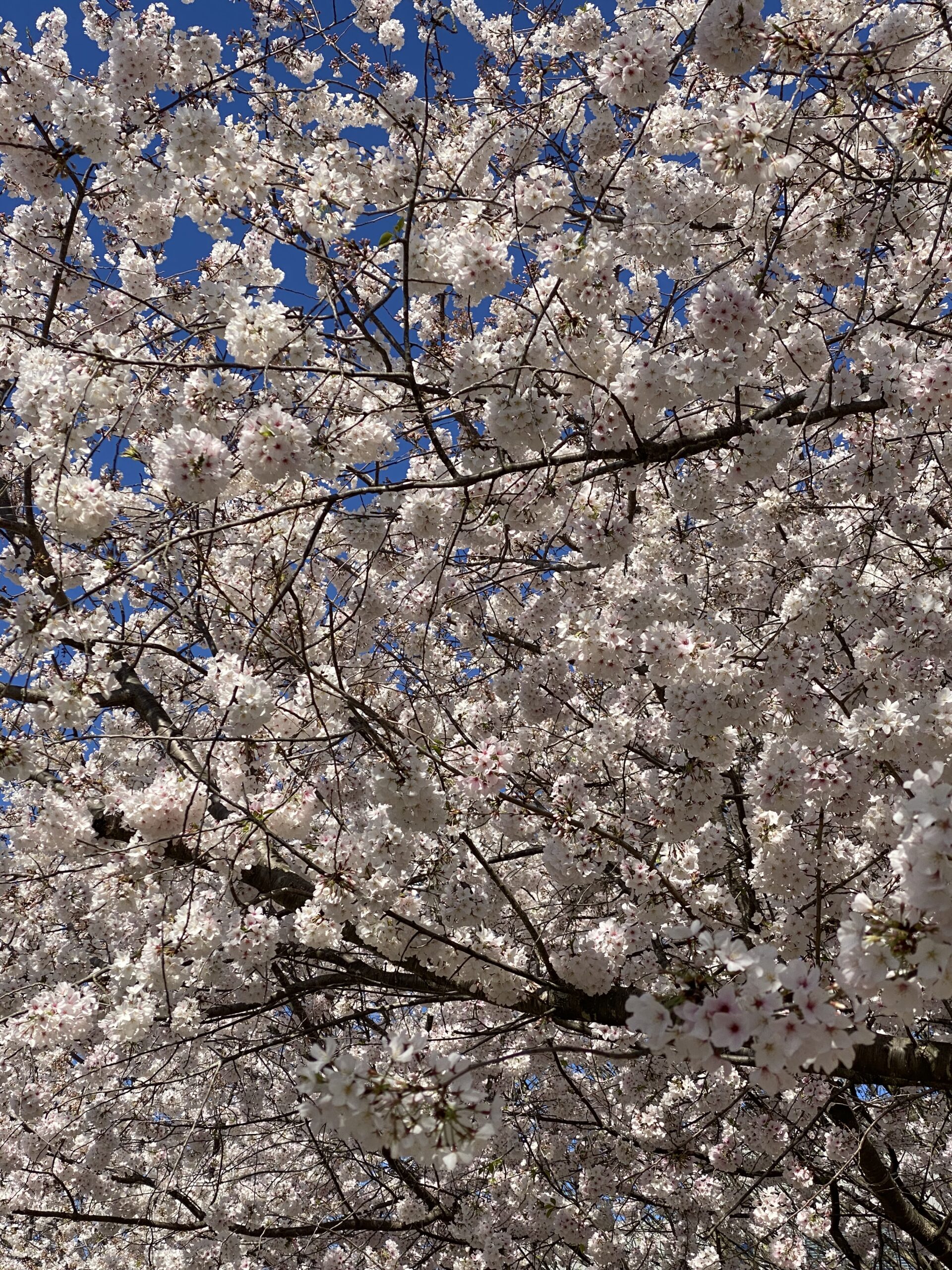Katie Steedly’s first-person piece [The Unspeakable Gift] is a riveting retelling of her participation in a National Institutes of Health study that aided her quest to come to grips with her life of living with a rare genetic disorder. Her writing is superb.
In recognition of receiving the Dateline Award for the Washingtonian Magazine essay, The Unspeakable Gift.
Enter your email here to receive Weekly Wide-Awake
bell hooks and Love
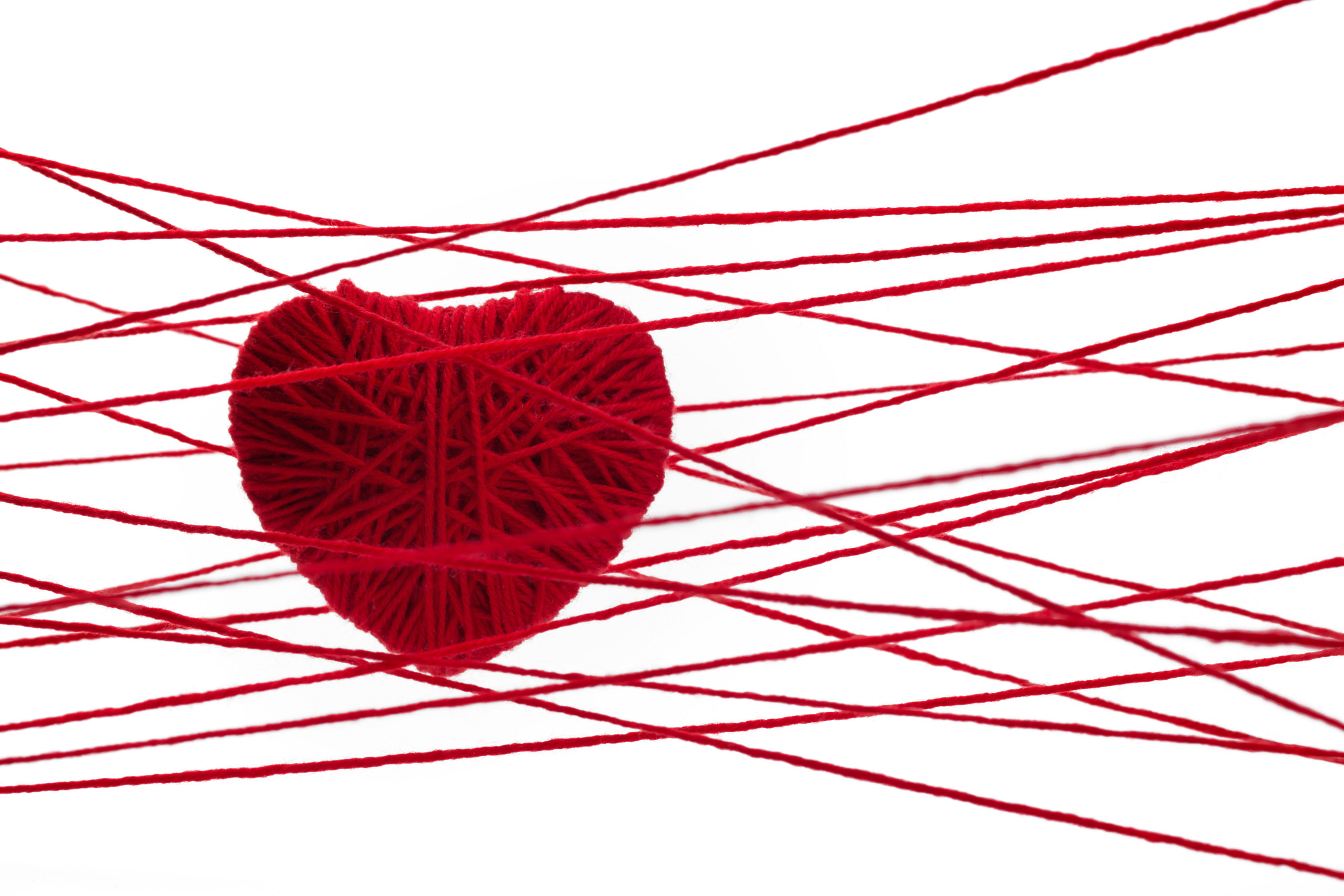
“If love is really the active practice—Buddhist, Christian, or Islamic mysticism—it requires the notion of being a lover, of being in love with the universe … To commit to love is fundamentally to commit to a life beyond dualism. That’s why love is so sacred in a culture of domination because it simply begins to erode your dualisms: dualisms of black and white, male and female, right and wrong.”
bell hooks
A sister by choice is getting married this weekend. Her marriage makes me want to think about love and marriage at this moment. What lessons can we take from love and marriage right now? If marriage is always a celebration of love, of the possibility of love to unite souls, of strangers becoming family, and of the human heart expanding and becoming much more, than this wedding is the perfect time to reflect and learn and grow.
The work of bell hooks helps me understand love. hooks is described as an academic, social critic, feminist, activist, and author. I have devoured the books she has written about love over the years – All About Love: New Visions, and Communion: the female search for love. I have been wading in the waters of all her work for a long time. hooks thoughts on love help me understand the concept. It is in that spirit I share them here. At the risk of slipping in to a head-focused, academic argument for love (which is not love’s most powerful position), I simply ask that these words bless Tahra and Daniel.
Steadfastly On a Path
hooks is steadfastly on a path toward love. hooks explains:
“If I were really asked to define myself, I wouldn’t start with race; I wouldn’t start with blackness; I wouldn’t start with gender; I wouldn’t start with feminism. I would start with stripping down to what fundamentally informs my life, which is that I’m a seeker on the path. I think of feminism, and I think of anti-racist struggles as part of it. But where I stand spiritually is, steadfastly, on a path about love.”
hooks talks about Butterfield’s “discourse of practice” in which the primary responsibility of a teacher is to break down dualism with the knowledge of the complexity of the human condition. She states, “In real love, real union, or communion, there are no rules.”
Nurturing Spiritual Growth
Drawing from M. Scott Peck’s definition of love, hooks writes:
“I was in my mid-twenties when I first learned to understand love ‘as the will to extend one’s self for the purpose of nurturing one’s own or another’s spiritual growth’.”
Defining love provides purpose and function to love. When we define love in terms of nurturing one another our arms open a bit wider and our hearts soften. Love gains power. Love becomes bigger, breathes deeply, grows wings, and soars. Loves becomes something we can do. Love becomes an action that can change the world. For that reason, the choice to love right now is so important. Love right now is not easy (if it ever really is). It asks for the better angels in all of us to emerge. It asks for courage in the face of armies. It asks for steel and soft.
Self-Love
hooks offers advice on self-love, too.
“Self-love is the foundation of our loving practice . . . When we give this precious gift to ourselves, we are able to reach out to others from a place of fulfillment and not from a place of lack.”
It is important to remember that there is a reflexive side to love. Taking care of ourselves is fundamental to love. Considering our relationship with ourselves is central to being the best people we can be, creating the strongest relationships we can create, and building the best world we can build. Love is abundant and meant to be shared. Acknowledging and reconciling and healing feelings of fear, anger and grief makes love possible. That work is not easy. It is the work that knows the past, lives in the present, and sees a better future. It impacts our world.
Love In Community
hooks explains, “There is no better place to learn the art of loving than community.” Once we have looked inside, loving requires we look outside ourselves and build a loving world. We can be students of love in community. We can practice love. We can become more loving. We can strengthen ourselves and our world. That feels like what love and marriage and weddings are truthfully all about. Love in community is difficult. Where do fundamental differences fit in a loving community? Where does love intersect justice and peace? How do we lovingly proceed through conflict? What is the relationship between truth, accountability, compassion, and love? I am sure the answers to these questions starts with fierce love. By living the seeker’s life we are steadfastly on the path of love.
About Katie
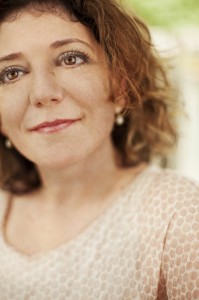
From Louisville. Live in Atlanta. Curious by nature. Researcher by education. Writer by practice. Grateful heart by desire.
Buy the Book!
The Stage Is On Fire, a memoir about hope and change, reasons for voyaging, and dreams burning down can be purchased on Amazon.

